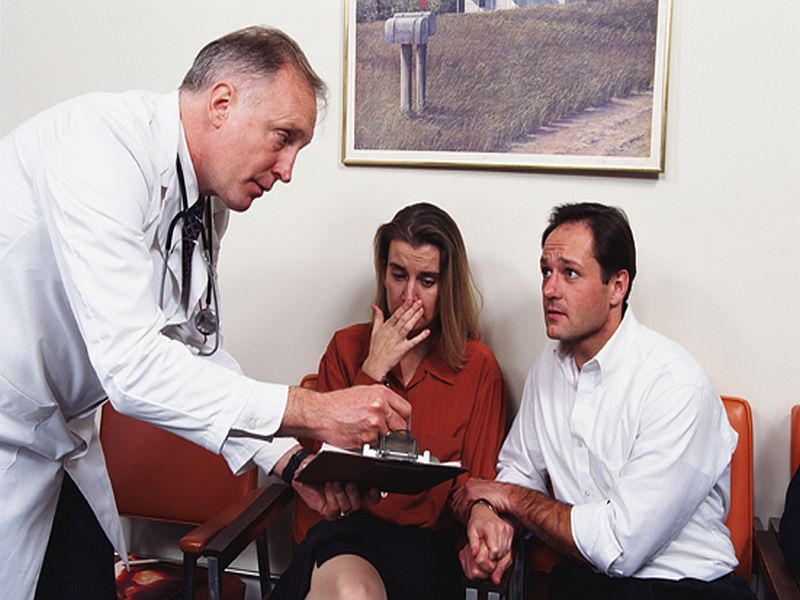
Tuesday, January 26, 2016

TUESDAY, Jan. 26, 2016 (HealthDay News) -- Many parents of children with food allergies say doctors did not discuss emergency care for their youngsters, a new study finds.
It's crucial that parents have a written emergency plan for home and school, the study authors said.
"This is potentially lifesaving information," study author Dr. Ruchi Gupta, an associate professor in pediatrics at Northwestern University Feinberg School of Medicine in Chicago, said in a university news release.
"Physicians need to make sure patients understand when and how to use epinephrine and that they have an emergency action plan," she added.
Gupta's team surveyed 859 Chicago-area parents of children with food allergies. Less than 70 percent said their child's allergist explained when to use epinephrine, and less than 40 percent said their child's pediatrician did so, the study found.
Even fewer parents said they were shown how to use an epinephrine auto-injector or received a written emergency plan from their child's allergist or pediatrician, according to the study published recently in the Journal of Allergy and Clinical Immunology: In Practice.
The auto-injector is used to treat life-threatening allergic reactions. And a written emergency plan describes common symptoms of a food allergy reaction and what to do, depending on whether a child has mild or severe symptoms, the study authors explained in the news release.
"These points need to be hammered home by the physician at every visit," Gupta said.
"Physicians have to make sure the parents can repeat back the directions," she added. "Parents may not be digesting all the information given to them in a short period of time."
Food allergies affect 8 percent of American children, according to the news release. Peanut allergy is the most common, followed by milk, egg and tree nut allergies. About half of children with a food allergy have suffered a severe allergic reaction.
"There is a gap in the communication between doctors and parents in management of their children's food allergies that we need to fix," Gupta concluded.
SOURCE: Northwestern University, news release, January 2016
HealthDay
Copyright (c) 2016 HealthDay. All rights reserved.
- More Health News on:
- Children's Health
- Food Allergy









































No hay comentarios:
Publicar un comentario